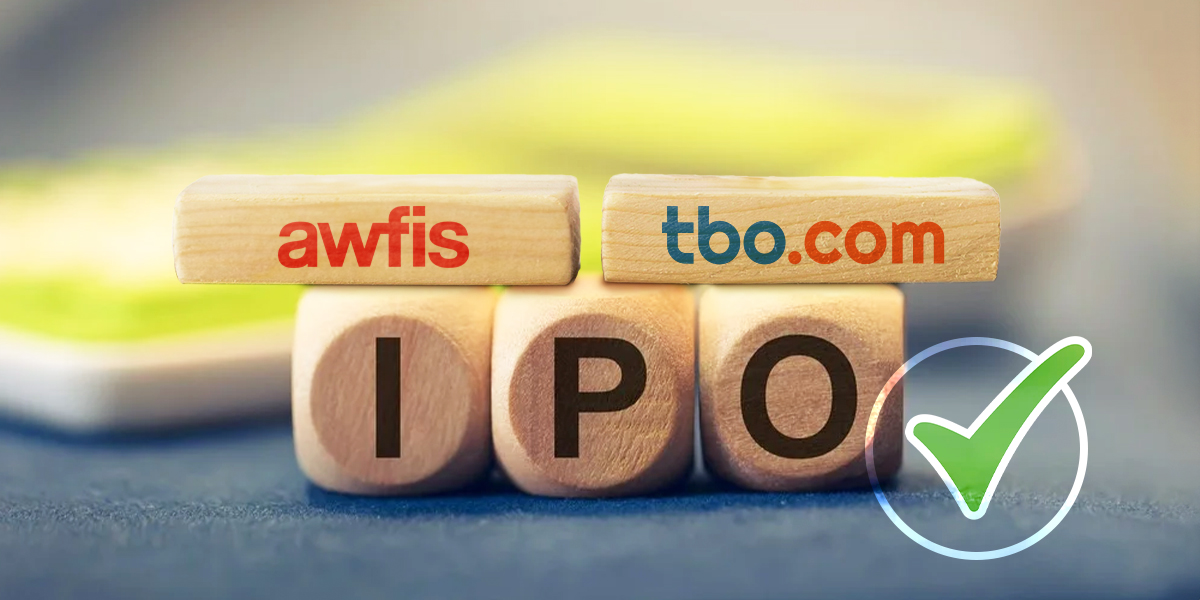What do Dalgona Coffee, at home workouts and online board games have in common? Demand for them shot up during the COVID lockdowns across the world when people were locked inside their homes and seeking an escape from the sad reality of rising death tolls and repeated extensions of the lockdown. Apart from video calls and social media, people across the world started interacting via a multitude of multiplayer online games, particularly Ludo.
One of the game publishers who found itself at the right place at the right time was Bengaluru-based Gameberry. Like most mobile game publishers, Gameberry’s earnings constitute a mix of users’ in-app purchases and advertising revenue as the games are available as free downloads on app stores.
The five-year-old company earned 74.4% of its total revenue from the sale of virtual currency used by gamers for in-app purchases. These sales shot up 4.3X to around Rs 206 crore during FY21 from Rs 47.6 crore earned in FY20. The company also collects advertising revenue which surged 4.7X to around Rs 70.8 crore during FY21 as compared to Rs 15.2 crore earned in FY20.
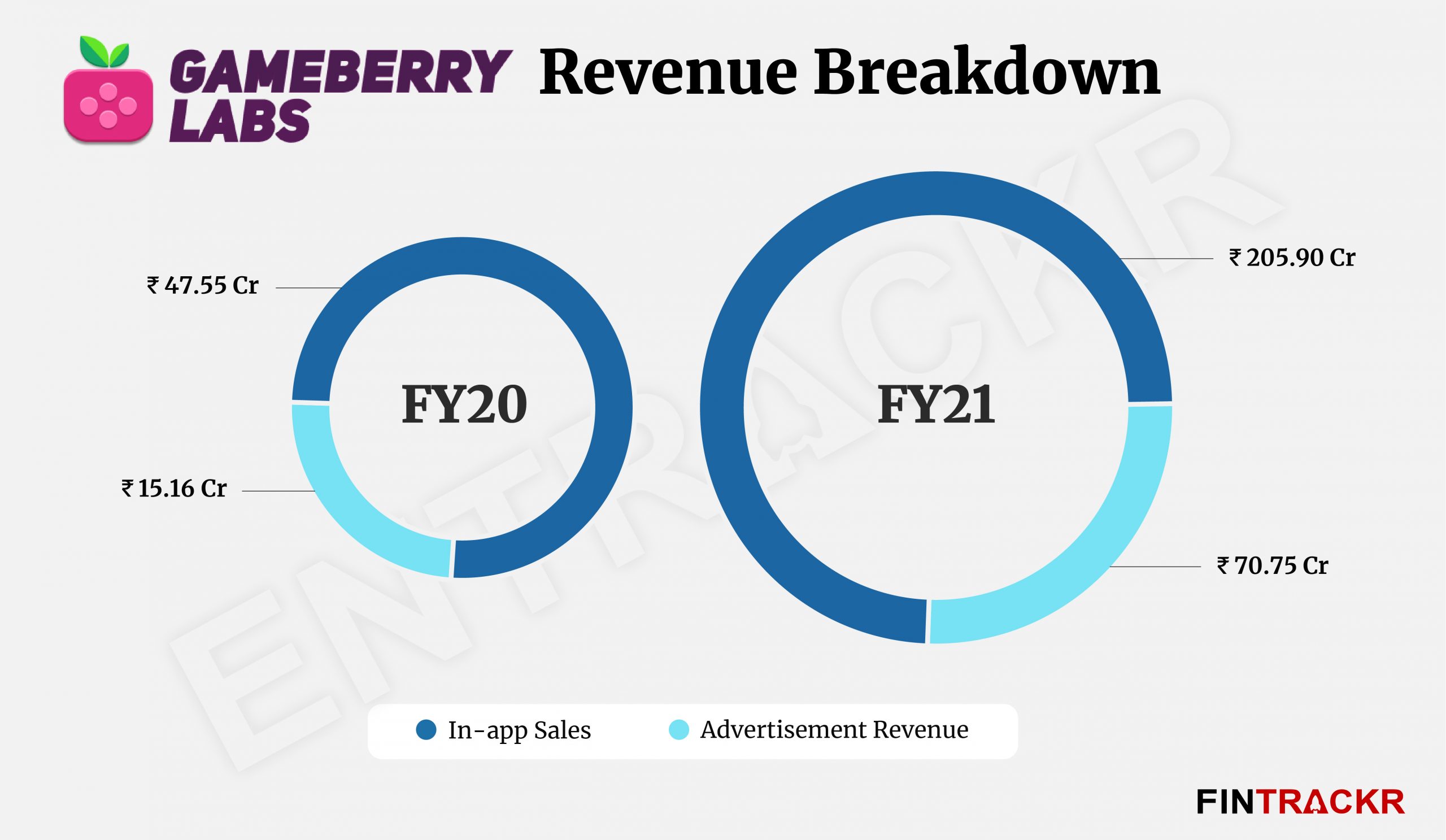
The bootstrapped company also earned non-operating revenue of Rs 5.62 crore from its financial assets during the fiscal ended in March 2021, indicating some very healthy cash flows and tight cost controls.
While going through Gameberry’s expense sheet for the last fiscal, the biggest eye-opener for us was expenses of Rs 64.9 crore booked under “ Miscellaneous expenses” which made up 62.3% of the total expenditure incurred by the company in FY21. It’s highly likely that this constitutes platform service providers’ fee paid to Google & Apple besides payment gateway expenses.
Further, employee benefit payments are the second largest cost centre for Gameberry Labs, accounting for 15.4% of its annual expenditure. These payments grew by 26.1% to Rs 16.01 crore during FY21 from Rs 12.7 crore paid out in FY20.
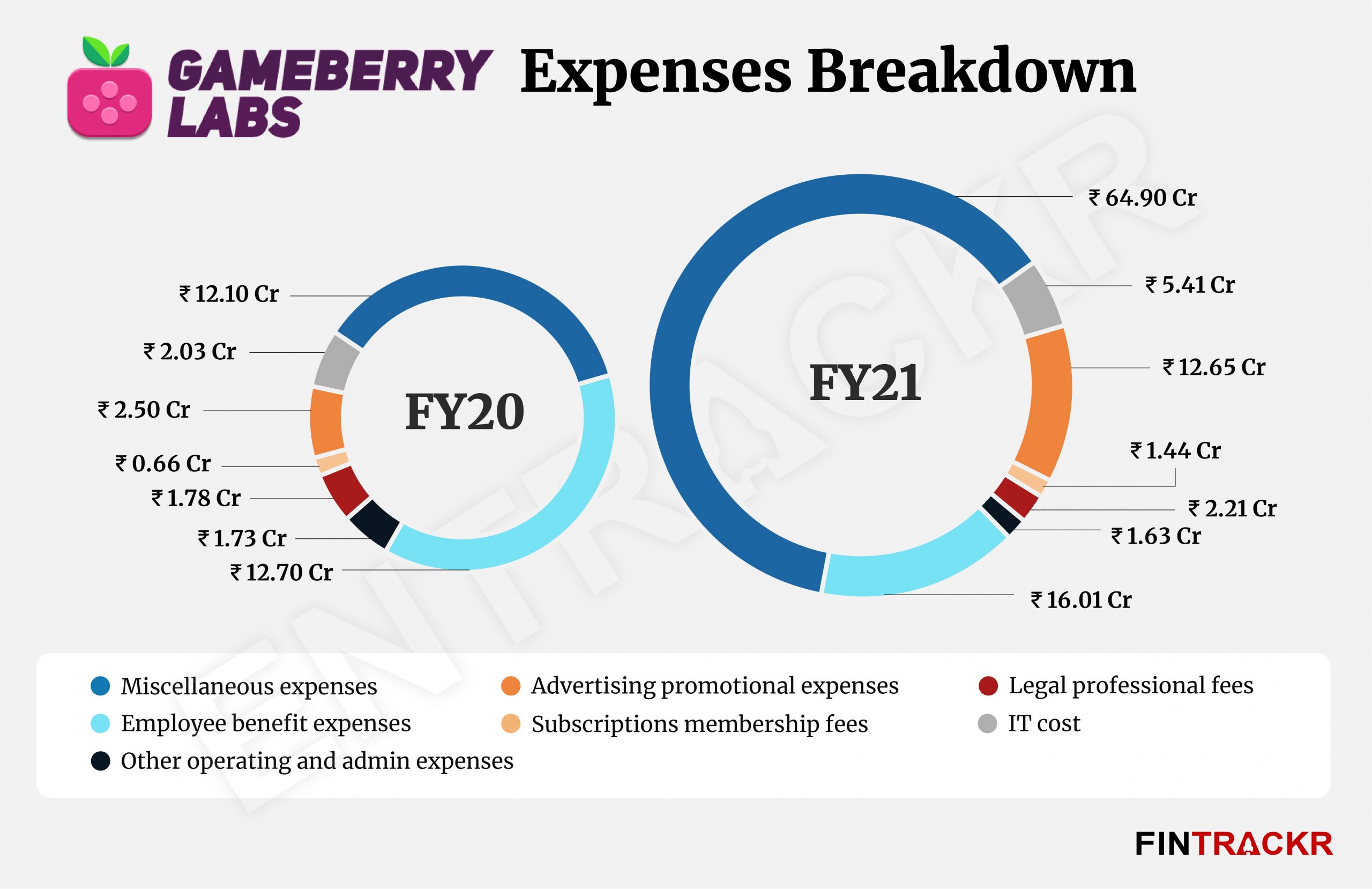
Importantly, around 52.5% of these payments are made to co-founders Afsar Ahmad & Govind Agarwal who took home Rs 4.18 crore each during the last fiscal. Gameberry had around 60 employees by the end of FY21, so the average remuneration for the remaining employees comes to around Rs 13.12 lakh per annum.
During FY20-21, the company boosted its customer acquisition processes and as a result its advertising and promotional expenses also shot up by 406% YoY to Rs 12.65 crore. To harness the growth in demand, Gameberry increased spending on IT infrastructure, which grew by 166.5% YoY to Rs 5.4 crore in FY21.
It paid out another Rs 2.21 crore for legal and professional charges, pushing the annual expenditure to Rs 104.3 crore in FY21, registering a 211.2% jump as compared to Rs 33.5 crore spent in total during FY20. All in all, Gameberry spent Rs 0.38 to earn a single rupee of revenue during the fiscal ended in March 2021.
The fact that Gameberry has managed to scale up its operations with sustainable margins is clearly visible in its annual results for FY20-21. Its EBITDA margins have improved from 50.28% in FY20 to 63.18% during FY21 while achieving a 4.4X surge in scale.
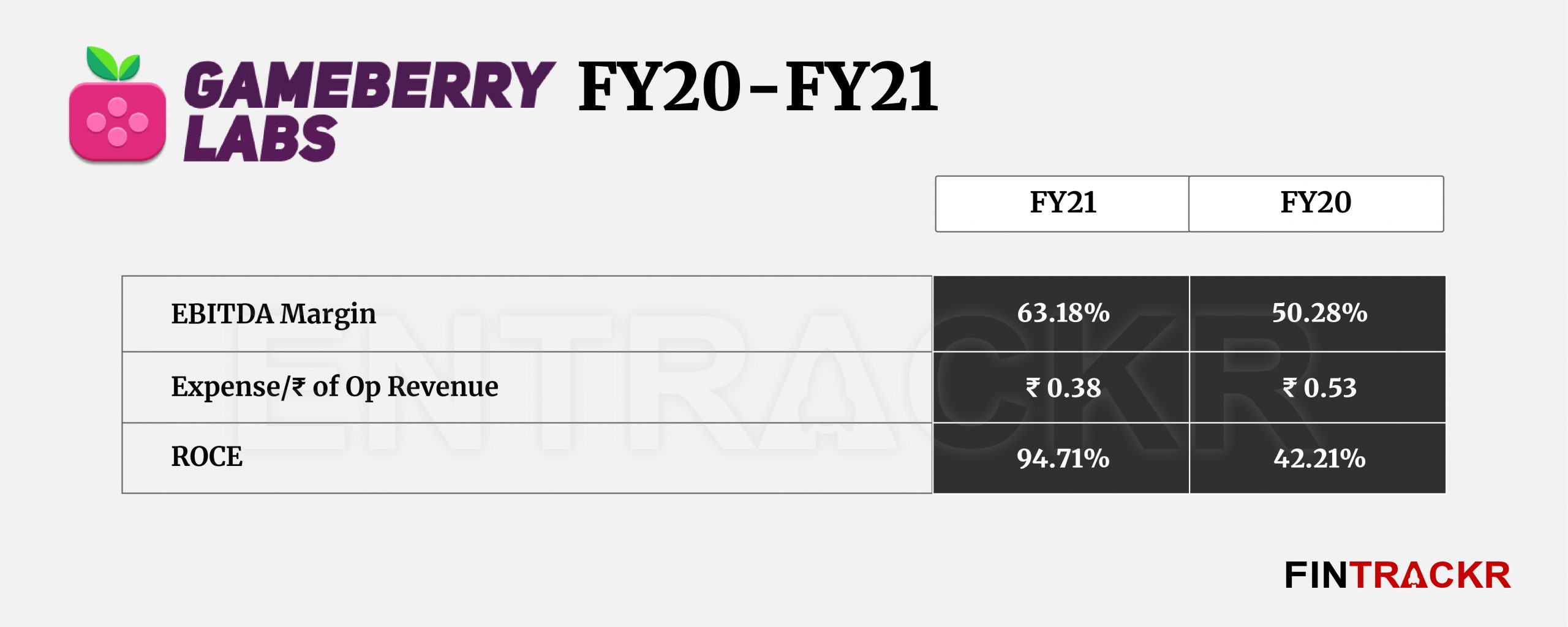
As a result, the company’s annual profits have also ballooned 4.3X to Rs 108.64 crore during FY21 from Rs 25 crore booked during FY20 while operating cash inflows have surged 5.2X YoY to Rs 86.45 crore during the same period.
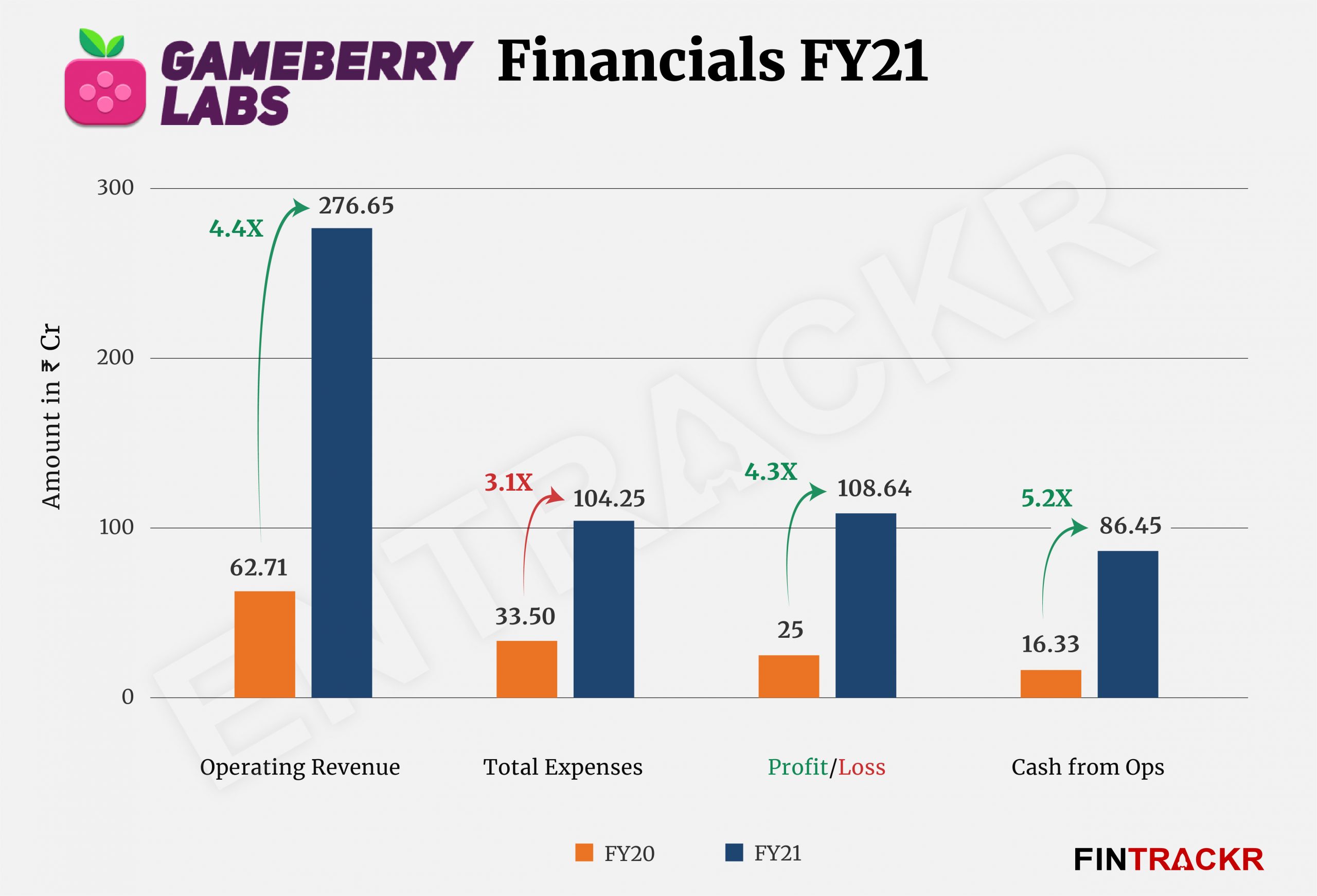
With the pandemic economy all but gone now, the challenge for the firm now will be to ward off the plethora of competition that has come up since, who will be fighting with it for marketshare in a possibly shrinking, or at least stagnating market. For whole gaming as a whole has gone up, sports related gaming backed by investors is making a grab for a huge part of that growth. For Gameberry’s co-founders, 2022-23 might be when they finally decide to hedge their bets and go for a big fundraise, because roaring or tepid, there is little doubt that this ‘little’ firm will pack a big punch on valuations.





